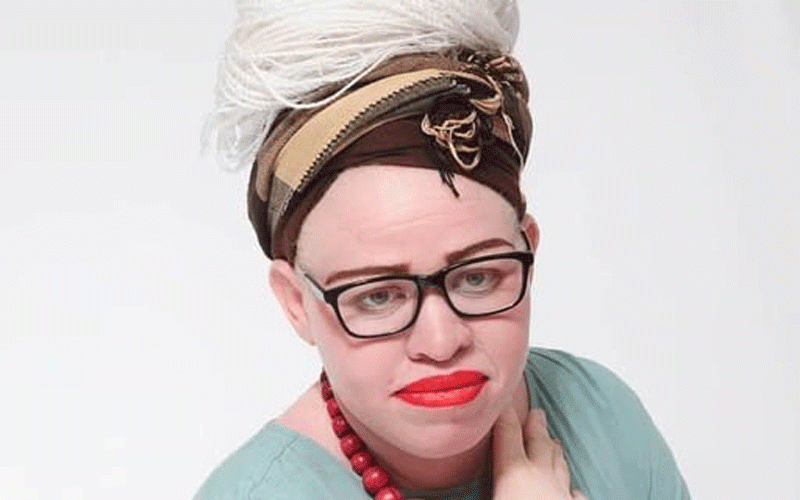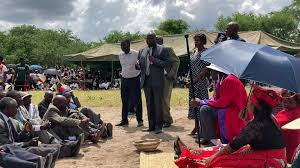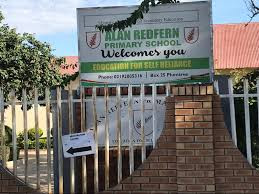
A Zimbabwean artist Marvellous Tshuma, popularly known as the Queen of baTonga, delivered a soul-stirring performance at the recent Afrotellers Conference in South Africa.
Tshuma emerged as the champion of the rich cultural heritage of the Tonga people, moving the audience with songs of love, unity, and self-worth.
The conference held under the theme Our Stories. Our Voices. Our Power, celebrated African storytelling and creative expression.
It brought together artists from across the continent, including Malawi, South Africa, Kenya, Ghana, Nigeria, Lesotho, DR Congo and Zimbabwe.
Tshuma’s powerful renditions of Dada nezvauri (Be proud of who you are) and “Aliike” (Lonely) resonated deeply, offering a poignant reminder of music’s power to bridge communities and amplify unseen narratives.
“The audience reception was overwhelmingly positive,” she said.
“Many attendees were moved that I performed in my own language, reinforcing the conference’s message.
“The energy was palpable—it was clear the songs truly connected.”
- Chamisa under fire over US$120K donation
- Mavhunga puts DeMbare into Chibuku quarterfinals
- Pension funds bet on Cabora Bassa oilfields
- Councils defy govt fire tender directive
Keep Reading
Her music seamlessly aligned with the conference’s mission to empower change, echoing themes of community, resilience, and collective action.
For Tshuma, music is a vehicle for inspiration and transformation—a belief forged through personal adversity.
She recounted being bullied while growing up due to her skin condition, an experience that taught her resilience and self-reliance.
This journey is at the heart of Dada nezvauri.
“I used to believe people had to love me no matter what,” she explained.
“But I learned that love begins within. You must love yourself first, and everything else will follow.”
“Aliike,” on the other hand, tells the story of a child forced into adulthood too soon—caring for her siblings after her parents separated or left in search of work.
“She couldn’t enjoy her childhood,” Tshuma said.
“She had to be strong and unbroken.”
By blending traditional Tonga rhythms with contemporary sounds, Tshuma creates music that is both catchy and deeply meaningful.
“My art is my activism, and I’m just getting started,” she noted.
“These songs aim to inspire—to encourage listeners to love their children, care for them regardless of disability, and embrace self-love.”
The conference also featured gripping performances by artists such as Noluntu J, Banshee, Kabelo Mofokeng the Poet, Drum Café Kenya, Arts 4 Change, and Doty.
The duo Sondlane Dube and Silethemba Dube, known as Sox the Poet, left a strong impression with their poem The Worst Thing, which explored the intergenerational trauma of genocide.
“Our poem speaks to how the aftermath still haunts the children of survivors,” they explained.
“There’s no transitional healing—people are told to forgive and move on without formal apologies or even basic conversations.”
Jacquelline Assimwe, CEO of CivSource Africa and a celebrated Ugandan poet, challenged storytellers to dig deeper during her conference reflections.
“Colonialism didn’t just steal our resources—it distorted our reflection,” she said.
“As Afrotellers, what questions are we asking ourselves?
“What questions are we not yet asking?
“What questions should we be asking, even as we think about storing Africa?”










